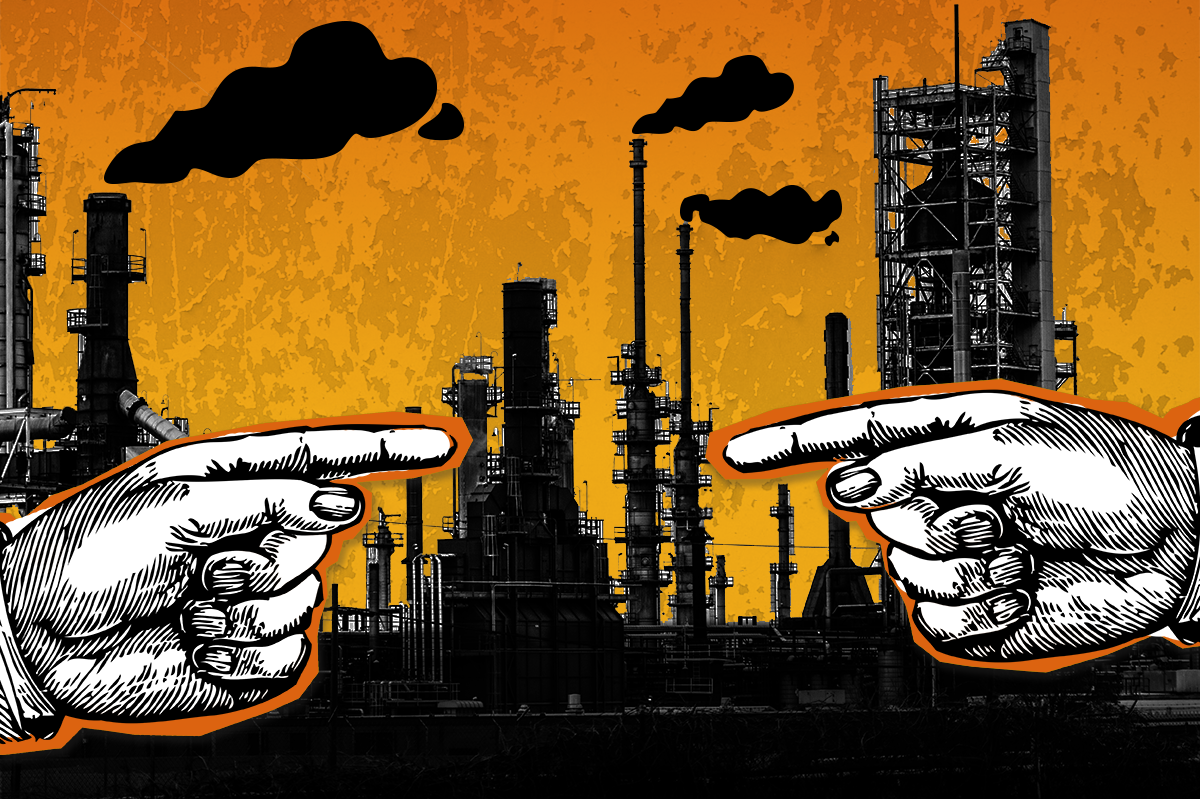October 28, 2021
This weekend, world leaders will open the COP26 climate summit, the UN's annual climate change conference, in Glasgow. Some insist this event is crucial to the multinational fight to limit the effects of climate change; others dismiss it as a circus that will feature politicos, protesters and celebrities competing for attention – one that's long on lofty promises and short on substance.
What's on the agenda?
Political leaders and negotiators from more than 120 countries will gather to talk about two big subjects. First, how to reduce the heat-trapping carbon emissions that scientists warn can inflict catastrophic damage on millions of people. This is where they'll offer their "nationally determined contributions," diplomatic jargon for their updated promises on their climate goals. Second, how to help poorer countries pay for adaptation to the climate damage that's already unavoidable.
The stakes rose this week with the release of a UN report that says the world is on track for a rise of 2.7 degree Celsius in average global temperature above pre-industrial levels over this century. The planet has already warmed by about one degree Celsius. In 2015, leaders agreed to limit that rise to 1.5 degrees.
But COP26 also brings together scientists, political activists and others to plot innovative strategies they hope can pressure both political and business leaders to show more progress in both these areas.
There are many reasons why climate progress is difficult.
Reducing emissions will demand economic sacrifices that no one is eager to make. To meet the targets agreed to in the Paris Climate Accord in 2015, all countries need to reduce carbon emissions to net zero, putting no more carbon into the atmosphere than they cut, by 2050. That requires an historic financial investment in new forms of energy that reduce or eliminate carbon emissions.
It's not easy to agree on how burdens should be shared. "Why should we make big sacrifices," ask emerging powers China and India? "The industrial revolutions in America and Europe created these problems. Why should we stunt our growth to clean up your mess?" "True enough," Europeans and Americans respond, "but you're both emitting so much carbon these days that we can't solve the problem without you."
Poorer countries ask, "What about us? We didn't create or exacerbate this problem, but rising sea levels and dangerously erratic weather patterns threaten our future. Who's going to pay for that?"
The climate change challenge is global, but the politics that limit solutions remain mainly national, and politicians tend to prioritize the need to boost growth and win elections over long-term, global commitments.
As a result, summit promises must be taken with a mountain of salt. These annual summits began in the early 1990s, but there was no major agreement until the Kyoto Protocol in 1997, and that deal fell apart after the US Senate refused to ratify the treaty.
Soaring economic growth in China and India have multiplied the carbon emissions pumped into the atmosphere.
In 2015, the Paris Climate Accord brought new pledges for emissions reductions to reach the net-zero target, but newly elected US president Donald Trump immediately withdrew the US from the commitments it made in that agreement. Though Biden pledges that America and its climate ambitions are back, no one knows what will happen after the next US election.
In addition, world leaders pledge only to meet specified targets. They don't have to explain exactly how they'll hit them. And they know that future leaders will be seated at the table when the bill arrives for payment. Their pledges are referred to as legally binding, but no one can force powerful polluting nations to honor their commitments.
So, why should we care about COP26? There will be no single historic breakthrough at this gathering, for all the reasons above. But the global scientific consensus is that climate change cannot be ignored, and progress matters, even if promises are only partly kept. These are annual meetings (the pandemic postponed the 2020 gathering until now) and any step in the right direction is far better than no progress at all.
COP26 is especially important because negotiators will be working to hash out details for the so-called Paris Rulebook, a new set of rules on how progress is reported and how carbon markets can be created that allow the buying and selling of emissions reductions among countries.
Over the two weeks of this summit, we'll write in more detail about what is and isn't happening, and we'll assess the conference's final statement to judge just how many incremental steps forward have actually been taken.
More For You
President Trump has transformed the presidency—and the world—in 12 short months. Harvard’s Stephen Walt joins Ian Bremmer on the GZERO World Podcast.
Most Popular
Think you know what's going on around the world? Here's your chance to prove it.
Members of law enforcement gather, as tensions rise after federal law enforcement agents were involved in a shooting incident, a week after a U.S. Immigration and Customs Enforcement (ICE) agent fatally shot Renee Nicole Good, in north Minneapolis, Minnesota, U.S., January 15, 2026.
REUTERS/Ryan Murphy
This last week has provided a distillation of US President Donald Trump’s view on how American military might should be deployed at home and abroad.
Pro-government supporters holding a Venezuela's flag attend a rally against U.S President Donald Trump in Caracas, Venezuela August 14, 2017.
REUTERS/Ueslei Marcelino
When they meet at the White House today, Venezuelan opposition leader and Nobel Peace Prize winner María Corina Machado will seek to convince US President Donald Trump that it was a mistake to back Delcy Rodríguez as interim leader of Venezuela.
© 2025 GZERO Media. All Rights Reserved | A Eurasia Group media company.
